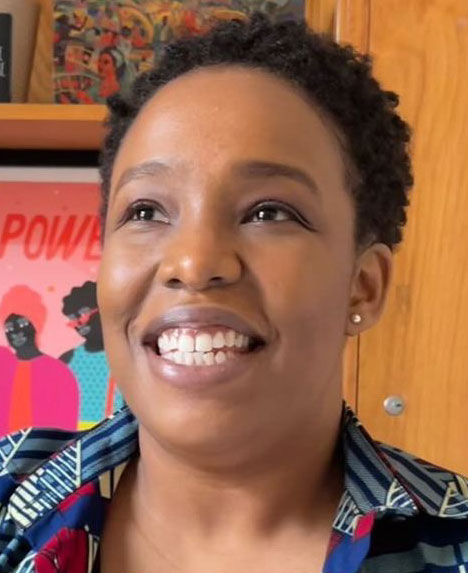Bio
Gregory-Kameka’s most recent research focuses on sociology of the role of arts organizations and their cultural policy landscape in sustaining or disrupting racial capitalism (Robinson, 1983). Her doctoral work (2015-20) was the first piece of research to fully document the closure, aftermath and legacy creation of a Black-led arts organization; the first empirical analysis of what happens at this point of stress. Such closures often happen quickly and are complex. They are sometimes documented after the fact using document analysis and archival material. However, this empirical, data-rich analysis of what happens in real time when an organization implodes is important because it bridges the gap between what policy documents say about the role and function of what policy calls “cultural diversity in the arts” and what happens (and is needed) on the ground. Among other things, her work asks, what is the importance of Black space in the arts in multiple locations across the Black Atlantic, and how is that space created, contested and supported in the pandemic age?
BlackStar
Gregory-Kameka works with BlackStar, a film organization in Philadelphia that highlights the work of Black, Brown, and Indigenous artists. Gregory-Kameka explores the relationships that have allowed the organization to thrive and could help it continue to grow. In particular, Gregory-Kameka studies the apparent effects of physical locations on BlackStar and its target audiences, an issue of particular concern as gentrification disperses communities that support organizations such as BlackStar.

